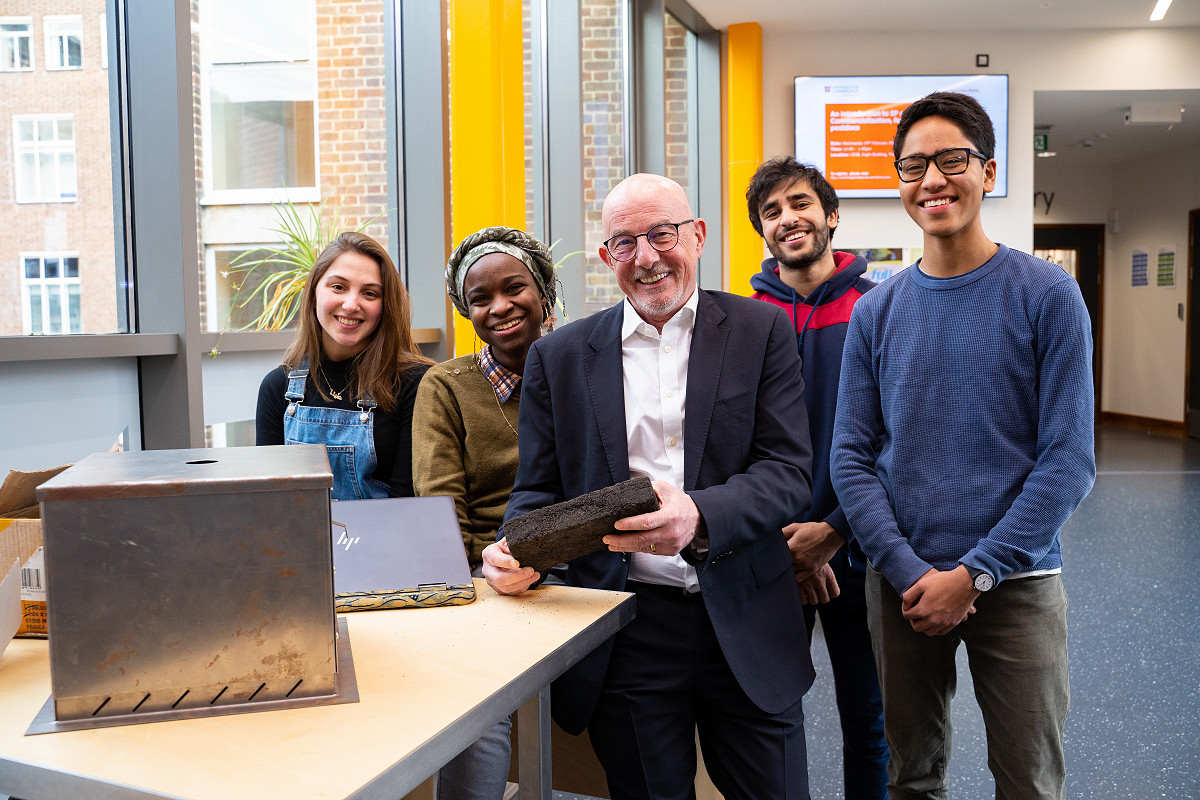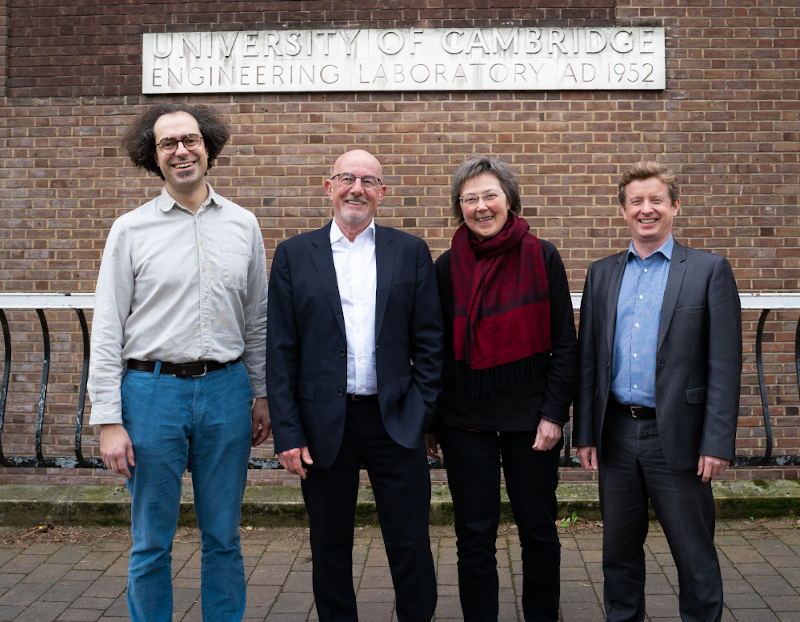The Kirk Global Challenge | Turner Kirk Trust

The largest department at the University of Cambridge, the Department of Engineering is one of the few truly integrated engineering departments in the world. The department is over 150 years old, and its breadth and scale bring unique advantages. It continually outputs world-class research that tackles a vast array of engineering challenges. Undergraduates gain a strong foundation in all engineering disciplines together with in-depth knowledge of their chosen specialist field, while graduate students are brought into the heart of cutting-edge research and development.
Economic growth in many emerging economies is held back by poor infrastructure, lack of roads, ports, railways and airports, and unreliable electricity, energy and telecoms. Every economy needs reliable infrastructure to connect supply chains, efficiently transport goods and services, and ensure the livelihood of its citizens.
For example, a dependable supply of electricity is needed to ensure the healthy delivery of newborn babies. Likewise, people in rural communities a safe source of clean water and children need well-made roads so that they can walk to school.
These improvements in infrastructure in turn improve the availability of employment, healthcare, and education. In the developing world, numerous problems stand in the way of economic growth, from the lack of clean, reliable energy to the impact of climate change and environmental degradation.
In 2021, the Turner Kirk Trust provided a donation of £20,000 to the Department of Engineering at the University of Cambridge to launch the Kirk Global Challenge, a new competition tasking students with solving some of the unique challenges facing emerging economies.
Over the next 12 months, the Kirk Global Challenge will award six teams of undergraduates with research grant funding to develop inventive engineering-driven ideas with the power to boost economic growth in developing countries. The teams will then present their concepts to an expert judging panel of academics and external stakeholders at the department’s Expo day in November 2021.
The teams will need to demonstrate that their engineering ideas not only solve a genuine, current need but can be practically implemented on the ground in the developing world at a pragmatic cost and that it will have a quantifiable, large-scale impact.
The student teams with the best concepts at the end of the competition will potentially qualify for additional funding to see their ideas through to the next stage of development and, eventually, deployment in the field.
The Challenge will also help fund groups of students to visit areas in the developing world that they are seeking to support. The aim of the Challenge is to find innovative solutions to the problems that bottleneck growth in the developing world and, ultimately, boost local economies and create jobs.
“We are delighted to launch the Kirk Global Challenge. The aim is to encourage students to tackle challenges facing the developing world and to bring forward proposals that have the potential to achieve meaningful change. This generous donation will give our students the opportunity to bring their ideas to life in an experimental but purposeful way.”
